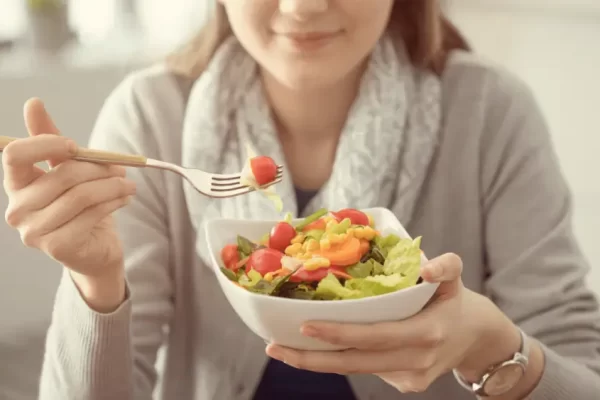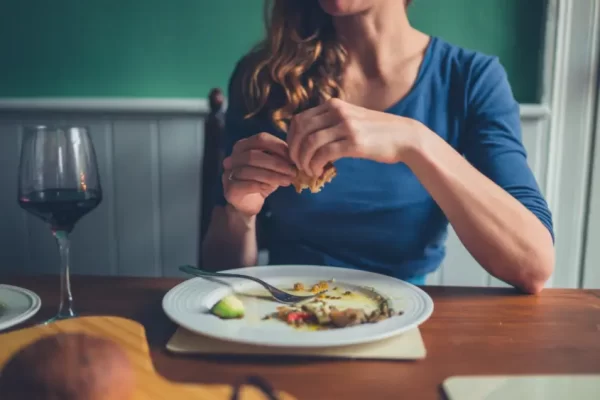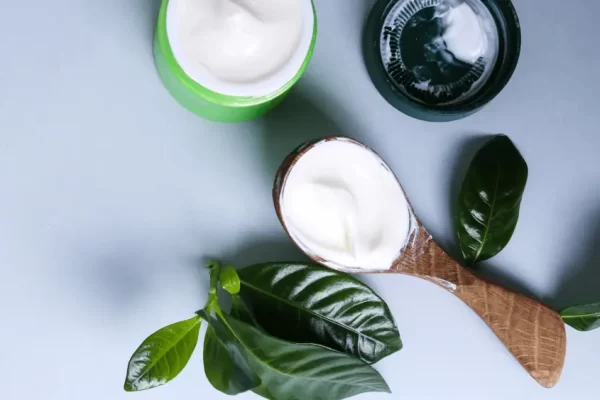The gallbladder is an essential organ when it comes to the digestion process in our body. Although this organ isn’t crucial, removing it could show specific effects necessary to be managed effectively. Gallbladder removal surgery has become one of the common surgeries undergone by individuals, especially with gallstones. Doctors operate the organ so that there could not be the growth of another stone in that area.
People who undergo gallbladder surgery are advised to maintain a diet that helps them digest the food quickly and does not strain the other parts of the body. A review in the year 2017 stated that there aren’t any mentioned changes or specific food in the list of gallbladder removed patients. Still, it’s best to be cautious and maintain a diet that could keep the digestion process smooth as before.
A pear-shaped organ of about 10 centimeters in length, the gallbladder is located just below the liver, and the bile acids produced by the liver are stored in the gallbladder to help it enable to digest fats and food quickly in a person’s body. A person without a gallbladder feels digesting fats complicated in their body, and they might feel heavy even after hours of consuming food.
As a result, the stomach may empty much slower after consuming meals because the bile acid moves directly towards the small intestine, leading to a faster food movement through their digestive tract, causing harm to the microbiome. Hence, to cure the after-effects of gallbladder removal surgery, a change in diet is a must, and it might not be difficult for people who consumed enough fibrous food before the surgery.
What should be consumed just after the Surgery?
Experts suggest that after the surgery occurs, a person could begin by consuming small amounts of liquid. But solids could also be consumed depending on the capacity. A decreased body activity and the effects of anesthesia could probably cause constipation that could be eliminated by drinking 8-10 glasses of water every day.
Your doctor may advise you to begin with your solid food if you do not feel very sick or nauseous after the surgical process. But if one does start with solid food, it is better to consume it in a smaller proportion at first, not stress your digestion when the body is weak. But there is a particular advised diet to be followed to make the after-process much more comfortable and smoother.
What foods to look out for?
It is a must that a person after his/her gallbladder removal surgery should consume a low-fat diet; otherwise, they may experience diarrhea just in a week after the surgery. Some of the foods with high fat or other hard-to-digest substance include:
- desserts
- Pizza or fries
- meats which are processed such as sausages
- lamb or mutton, which is non-processed
- Butter, cream, ice cream, or dairy product which contain full fat
What are the foods essential to consume?
After the gallbladder is removed, although meat contains enough fat and harms your health, choosing to eat only the part that is low fat could also benefit. Some of the foods that could be good for digestion as well as health involves;
- Chicken Breast
- Fish rich in nutrition or seafood low in fat
- Nuts and seeds only much as it has a higher quantity of fat in it too.
- Foods high in fiber could help reduce constipated stomach such as whole grains, fruits, vegetables, cereals or oatmeal, nuts, seeds, etc.
- Low-fat dairy products such as calcium-fortified milk available in the market, Pulses, etc.
But sometimes low-fat food might include added sugar preservatives, which could again harm health in other ways. The best way to look out for fat and extra sugar is to check the ingredients on the food pack before moving ahead with the product.
Moreover, there could be adverse effects on the consumption of other fats and sugar preservatives in food. Experts term the effects as Postcholecystectomy syndrome (PCS), which is observed in people after the gallbladder removal surgery. The syndrome is related to gastrointestinal symptoms visible in such patients without a gallbladder, and the syndrome could lead to signs such as;
- nausea
- vomiting
- heartburn
- diarrhea
- jaundice
- indigestion
The symptoms could be a sign of something new or maybe a continuation of the surgery’s after-effects. It is curable, and most people have felt relief from the pain and suffering after receiving treatment.
Visit the Doctor
If there are severe symptoms visible after the surgery, such as diarrhea, swollen stomach, vomiting, high fever, or jaundice, it is best to consult the doctor as soon as possible. The symptoms might require you to consult various specialists to procure a suitable treatment and cure the symptoms.
The best way to avoid symptoms is to consume low-fat food and processed meat. Although there are no specific foods to be destroyed after the surgery, it’s best to maintain a healthy diet that is less hard on your gut and smooth the digestion process.




